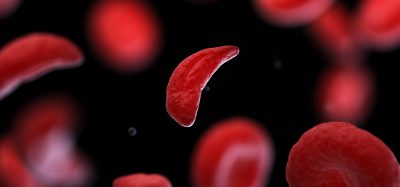MS treatment potential after condition-causing genes identified
Posted: 7 June 2019 | Drug Target Review | No comments yet
Researchers have found 12 genes which cause MS, creating potential for preventative treatment of the condition.


Researchers led by the University of British Columbia have identified a new drug target for multiple sclerosis (MS). The team suggested the findings will one day lead to personalised treatments for MS patients and preventative strategies for those at greater risk of developing the disease.
The team found mutations in 12 genes believed to be largely responsible for the onset of MS in families with multiple members diagnosed with the disease.
The researchers aim to develop cellular and animal models with the identified mutations to mimic the biological processes responsible for the onset of MS in patients, with the goal of eventually developing preventative treatments for the disease.
Researchers sequenced all known genes in three or more MS patients from 34 families and examined the genetic variants in family members both affected and unaffected by MS. By looking at the genes of 132 patients, they identified 12 genetic mutations that can lead to an overactive autoimmune system that attacks myelin, the insulating layer around nerves in the brain and spinal cord.
Of patients diagnosed with MS, only 13 percent are believed to have a genetic form of the disease, but those presenting the mutations identified in this new study were estimated to have an up to 85 percent chance of developing MS in their lifetime.
“We have treatments that address the symptoms of MS, but not the causes. People with MS take drugs that reduce the attacks, but the disease still progresses,” said Carles Vilariño-Güell the lead author of the study and assistant professor in the UBC Faculty of Medicine’s Department of Medical Genetics. “Now, with knowledge of these mutations, which suggest a common biological process that leads to increased inflammation in MS families, we can try to address the root causes.”
The study was published in PLOS Genetics.
Related topics
Drug Discovery, Drug Targets, Gene Testing, Gene Therapy, Personalised Medicine
Related conditions
Multiple Sclerosis
Related organisations
PLOS Genetics, UBC Faculty of Medicine’s Department of Medical Genetics, University of British Columbia
Related people
Carles Vilariño-Güell








